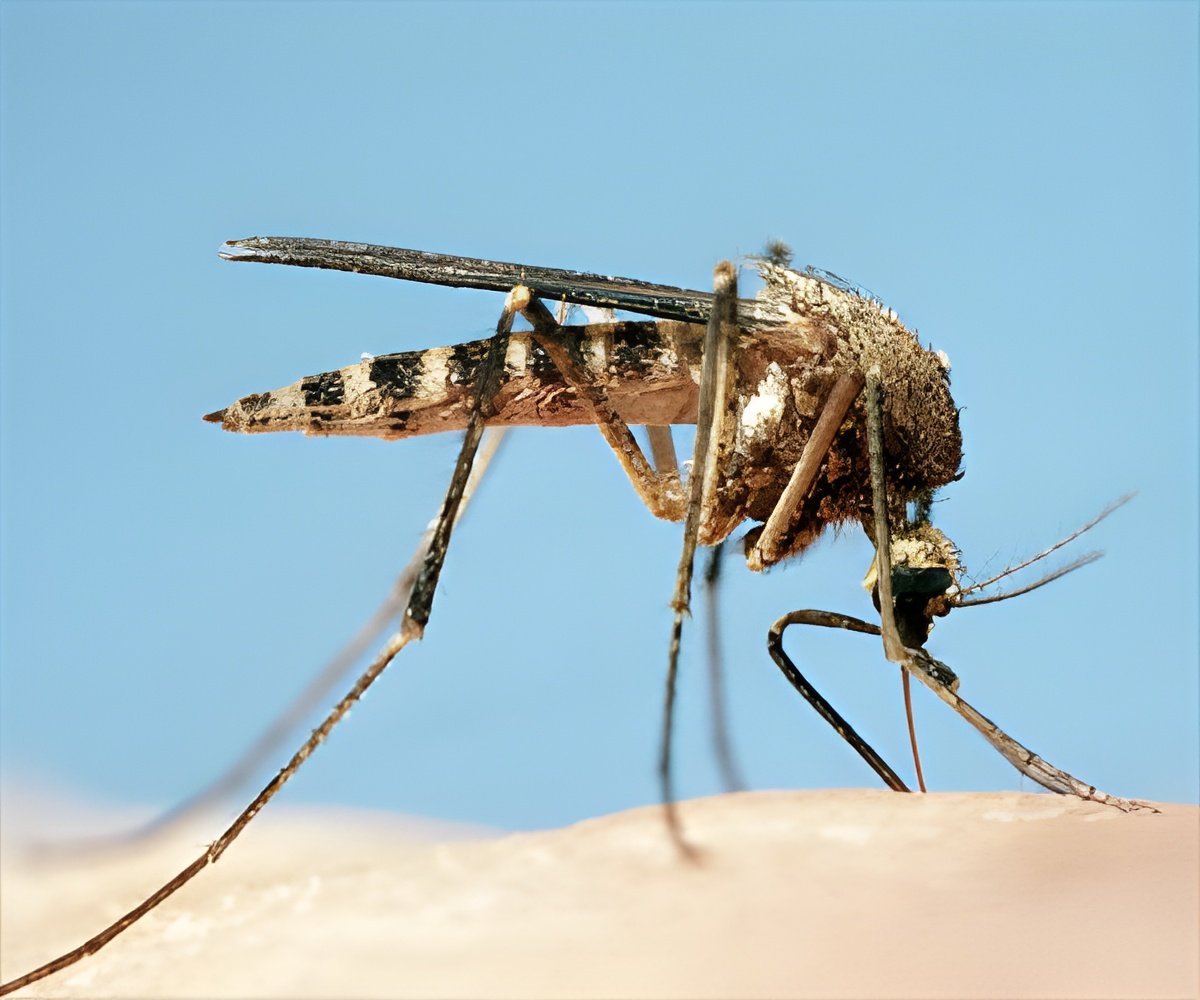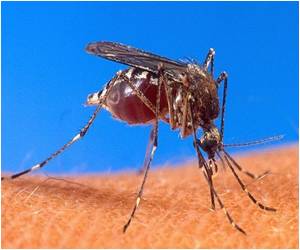Scientists have discovered a new set of anti-malarial compounds that target multiple stages of the malaria parasite's life cycle.

Known as 4-(1H)-quinolone-3-diarylethers, the candidate anti-malarials are derived from a compound called endochin that effectively treats malaria in birds.
When tested in the laboratory and in mice, the compounds demonstrated strong activity against Plasmodium falciparum and Plasmodium vivax, the two parasites that cause most human cases of malaria.
Of the 4-(1H)-quinolones, the researchers focused their efforts on the compound ELQ-300, which inhibited malaria parasites during the erythrocytic stage, when they cause symptoms in humans; as well as during the gametocyte and developmental stages in the mosquito, when the parasites are transmitted.
In addition, when ELQ-300 was administered to mice infected with the Plasmodium species that cause malaria in mice, the infection was cured.
The study results also suggested that the compound could be adapted into a once-daily dose in humans and would be slow to engender resistance.
Advertisement
Source-ANI









